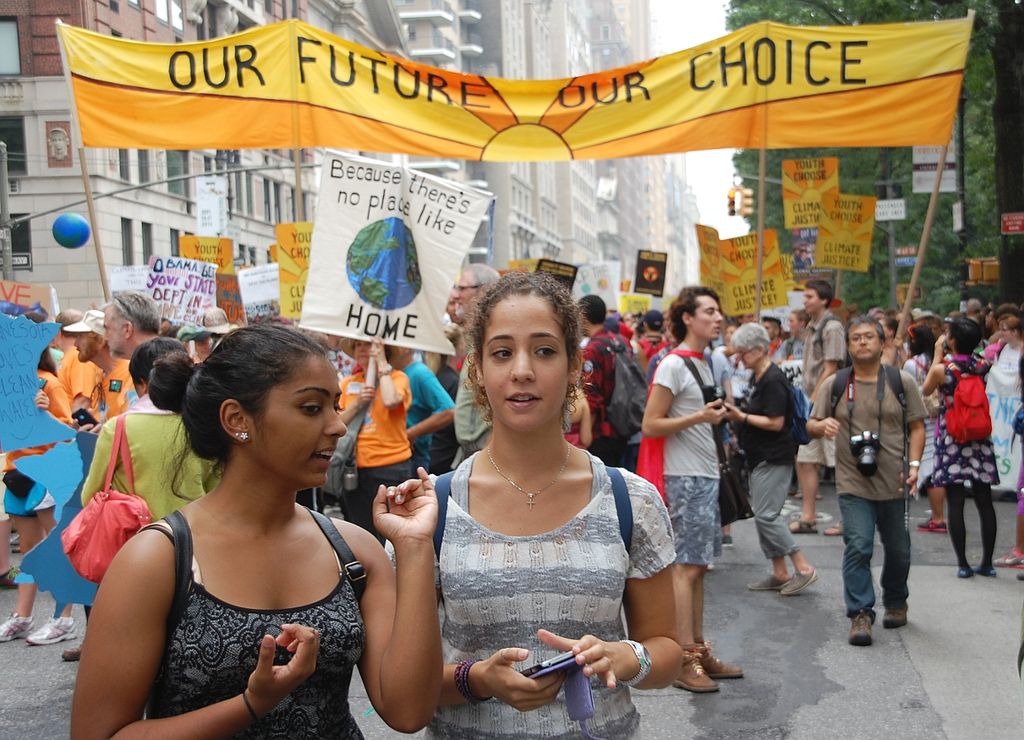Some people say they’re pro-choice but not pro-abortion: they believe people should be able to get abortions, but that it’s still “a sad, even tragic choice,” such that we should hope for abortion to be “safe, legal, and rare.”
Others are happy to call themselves pro-abortion, partly because they think the availability of abortion makes us freer and more equal, and partly because they don’t think abortions need to be occasions for mourning, shame, or feelings of moral conflict. “Abortion is healthcare,” they say, and should be available “on-demand and without apology.” In short, abortion can be a morally uncomplicated decision.
In this two-part article, I want to defend this enthusiastically pro-abortion position against a certain sort of objection: that by being so blasé about the moral simplicity of abortion, it invalidates and ignores the lived experience of people who do feel sadness or moral conflict about their abortions, as well as people who experience grief at a miscarriage.
I want to explain how different people’s different feelings about their abortions can all be appropriate – how one person’s grief can co-exist with another person’s nonchalance.
The objection I’ll consider can also be viewed as a dilemma about the moral importance of potential: does the mere potential to become a child in the future give an embryo moral importance? At first glance, we might think: either potential matters morally or it doesn’t. If it does, then any embryo or fetus has some degree of moral status, and destroying it is not morally uncomplicated. So grief makes sense and nonchalance doesn’t. But if potential doesn’t matter morally, then embryos and many fetuses have no moral status, and nonchalance makes sense but grief doesn’t. How can the pro-abortion side have it both ways?
The solution I’ll outline in part 1 is that potential can matter, but only insofar as it matters for someone who already exists. That is, a potential life can be precious and important for the parent who loses it, or for an existing child who would live it, but isn’t an independent basis for moral status in something that only has potential. In part 2, I’ll build on this to argue that treating potential as having independent moral importance amounts to selectively elevating some future lives that a pregnant person could live over others – in particular, selectively elevating the future where they become a parent over their other possible futures. In this way, treating potential as independently important serves an illiberal social agenda, what feminist philosopher Kate Manne describes as “the urge to make women notional mothers at an earlier and earlier stage in their pregnancies.”
Before proceeding, let me clarify that I take the pro-abortion position to say only that most abortions are morally uncomplicated. That’s because most (about 90%) of abortions occur in the first trimester, when there is no brain and hence no mind, and the overwhelming majority (about 99%) occur in the first 20 weeks of pregnancy, when even as a rudimentary brain is forming, it likely has no organized brain activity, and so no capacity for consciousness or a mind as we understand it.
Abortions later than this – during the period when the fetus is getting more and more similar to a sleeping baby – are both extremely rare and almost always a result of a wanted pregnancy encountering serious unforeseen health complications (or the delaying and obstructing tactics used by anti-abortion activists). It seems likely that that third-trimester abortion destroys something with a functional brain capable of supporting happiness or suffering (though it also seems likely that it remains in a sedated, sleep-like state until birth). To that extent, it involves ending a life with some degree of moral status.
This demands a moral weighing up of competing considerations – a weighing up that is complicated, highly individual, often heartwrenching, and, I would argue, best performed by the pregnant person themselves, not by doctors, judges, or politicians.
The pro-abortion position needn’t claim that these rare cases are morally uncomplicated: it need only claim that the great majority of abortions are.
So let’s focus on the typical abortion, which occurs early enough in pregnancy that there is plausibly no functioning brain. The pro-abortion position, as I am presenting it, will say that for this reason the fetus or embryo doesn’t at that time have the key properties that would make it matter morally: conscious experience, pleasure and suffering, an inner life of some kind. It is, to put it crudely, a bunch of cells, a piece of tissue, and removing it from your body is like having a cyst or an inflamed appendix removed: morally uncomplicated healthcare.
But of course there seems to be a big difference between even a small embryo and a cyst or appendix. Neither currently has an inner life, but one of them, it seems, will have an inner life in the future, if the right things happen. One of them has the potential to have the properties that matter for morality, the other doesn’t. Critics of abortion, even those who are pro-choice, often say that this potential gives the embryo moral status from the beginning, even when this potential hasn’t yet been fulfilled.
Should we agree? Do merely potential lives matter?
It’s not as though we never take potential into account when making moral decisions. A lot of the way that we treat children rests on the fact that they have the potential to become rational and self-aware in ways that they aren’t now.
A 1-year-old baby seems quite different from a cat, morally speaking, even though it’s probably not at present more advanced in any cognitive respect. Its potential matters.
But the pro-abortion side could point out that the baby’s potential belongs to a specific entity that already exists, and already has moral status in virtue of its current properties. They might appeal to a principle suggested by Michael Lockwood in 1988:
A potential for X generates an [morally significant] interest only where there is some individual for whom the development of the potential for X constitutes a benefit.
So an actual baby can have rights now in virtue of its potential to become an adult, but the merely potential babies that someone might conceive next year don’t – since they don’t exist yet, they don’t have rights in virtue of what they could become.
I think Lockwood’s principle lets us make sense of the feelings of people who have abortions – even early ones – and experience them as tragic and complicated choices. Because even though an embryo isn’t yet an individual with rights, and so not something for which a potential life can matter, the pregnant person is.
The potential life that the embryo could grow into can matter for them, insofar as it represents a possible life they could live: a life as a parent. Within that life they could live, the embryo would become a child, and that child would be loved. The destruction of the embryo is thus the destruction of the possibility of that child, and it makes sense for the destruction of that potential love to be felt as grief.
Similarly, it can make sense for someone undergoing a miscarriage to experience grief about the loss of a potential child and the potential love it would have received.
But it’s crucial that this sort of moral importance for potential lives can’t support any kind of constraint on the pregnant person’s choice, because it comes from the pregnant person’s choice. It’s an expression of their autonomy: that they can project themselves into different possible futures, like a future as a parent. If they don’t care about that future, then there’s no actual individual involved for whom it has moral importance – not them, not the embryo itself (since it’s not yet a moral individual). If the pregnant person feels unconflicted about removing the embryo, then doing so is morally uncomplicated – just like removing an inflamed appendix.









